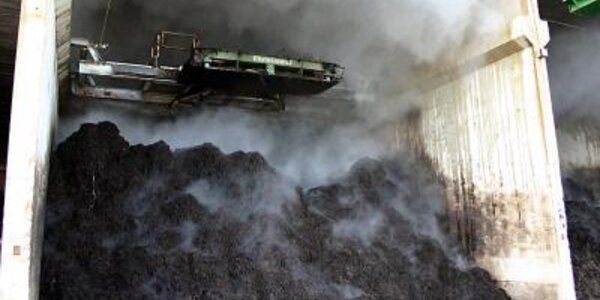Cupcake Bans At Elementary School Classroom Parties May Reduce Obesity
Nearly one in three American children are overweight or obese, but sugary sweets are often on the menu at elementary school classroom parties. Previous small-scale studies have found that "kids consume a lot of calories at classroom parties," but little has been known about how state and district policies impact this aspect of the school food environment.
The U.S. Department of Agriculture has issued nationwide standards governing competitive foods and beverages in schools as required by the Healthy, Hunger-Free Kids Act of 2010. However, USDA regulations do not address…


